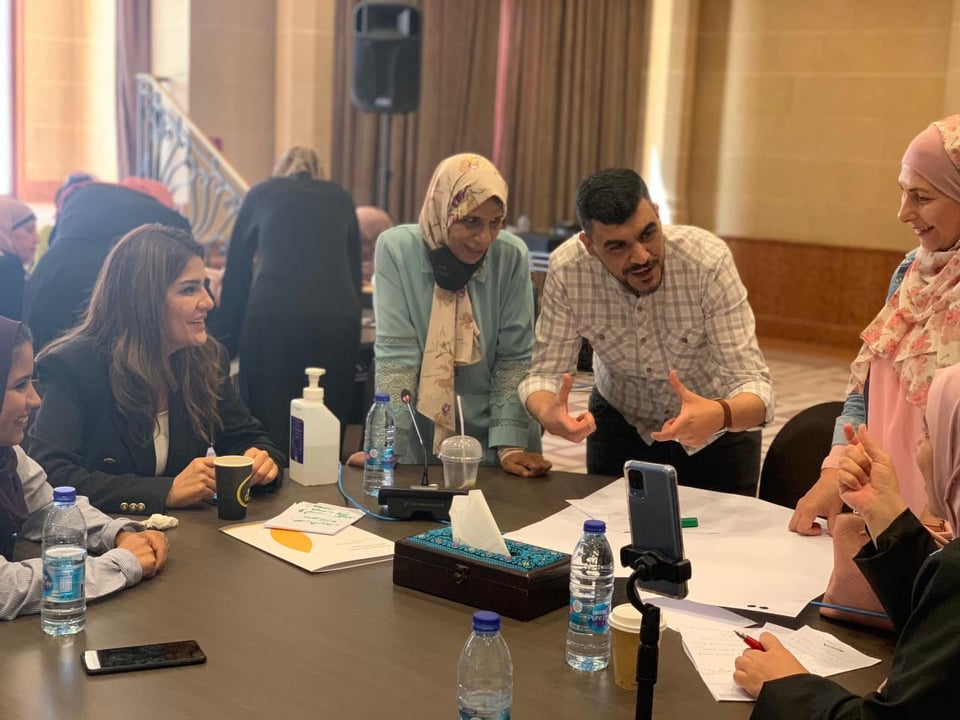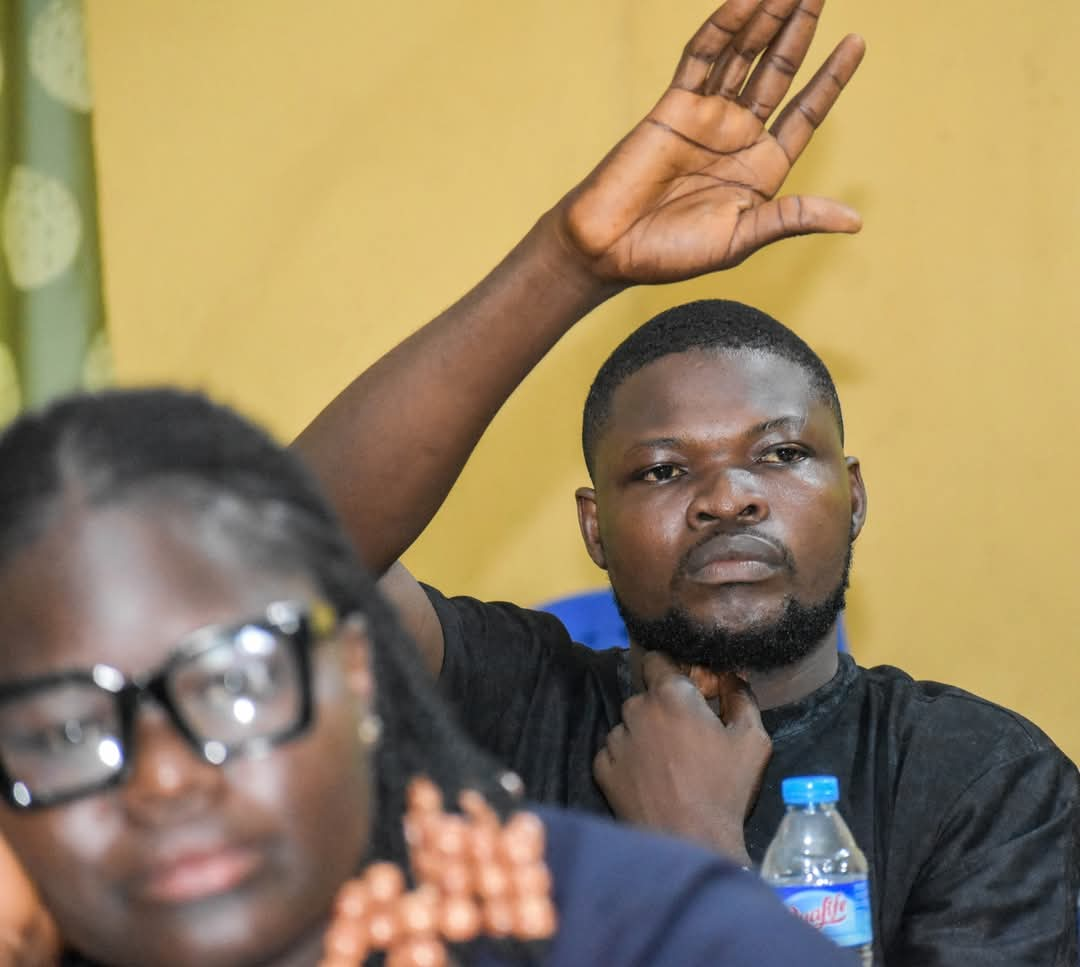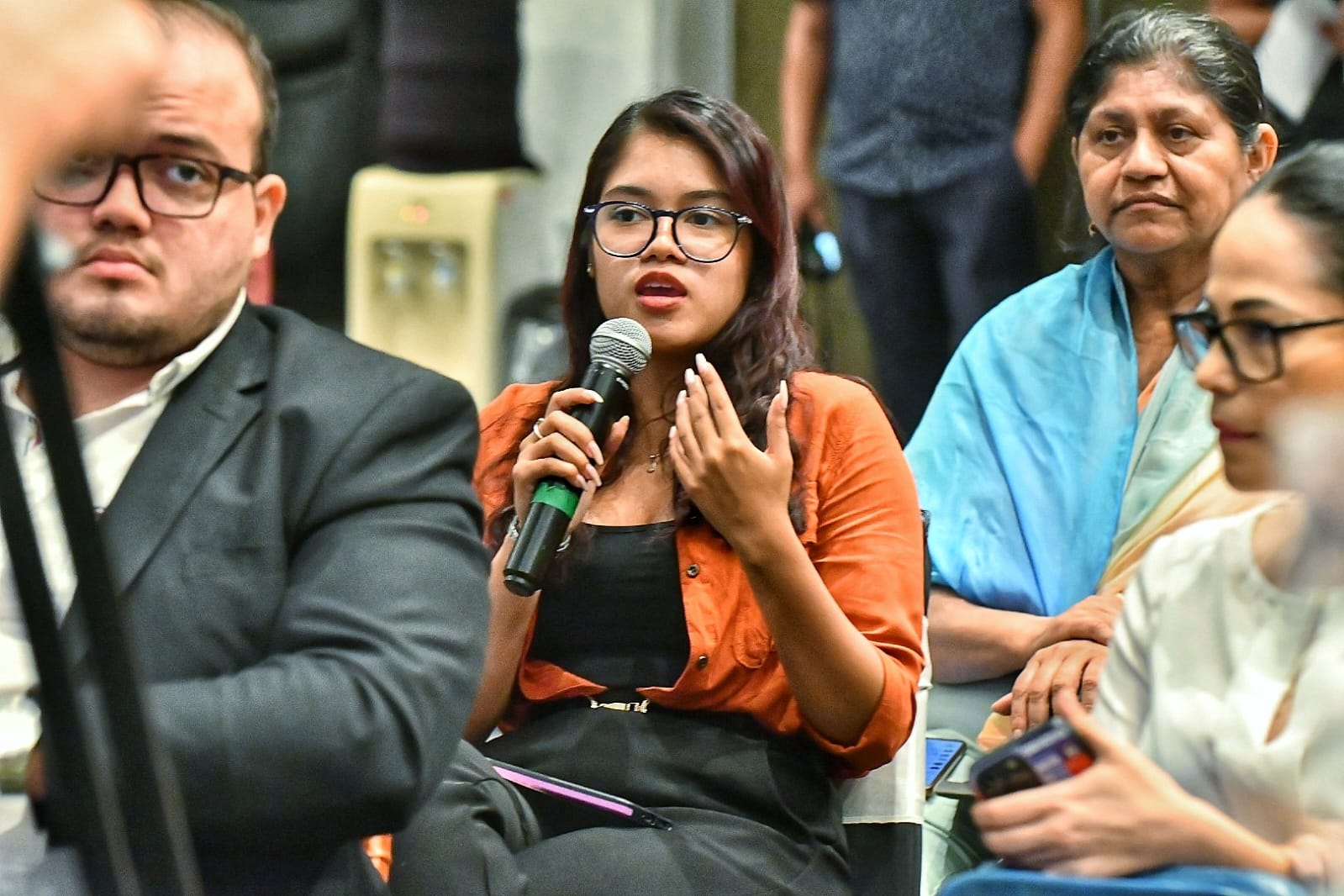Empowering women in local administration: A new project in Jordan

NIMD Jordan has entered into partnership with the International Republican Institute (IRI) to launch a new project entitled “Women in Local Administration”.
The project will run for two months, and will aim to help women in local administration to enhance their skills and capacities. Specifically, the programme will target women who wish to run in Jordan’s upcoming local elections, and who have a record of working with the public and participating in in local community institutions.
Experts from across Jordan will give training on topics including electoral campaigns; how to gain public support; drafting electoral statements; and managing election campaigns. These will be held alongside dialogue sessions and political dinners, where the participants will have the chance to ask questions and expand their networks.
This is the first time NIMD has partnered with IRI in Jordan, and we are excited to have kicked off the programme together on 3 June.

The first training session was held the following day on the topic of communication and leadership skills.
During the session, the participants were able to develop their communication skills, and focus on how to foster a relationship with voters in their areas.
Since then, the participants have taken part in a training session and two-day workshop. During this time, they have been invited to reflect on the new draft law on “Municipalities and Decentralization”; they have explored recommendations to increase the proportion of seats allocated to women in local councils; and they have discussed leadership skills such as building alliances.
We hope that the new skills and knowledge will help the participants in their future campaigns, and to continue to rise in their careers.
The project is in line with the NIMD’s work in Jordan to empower politically motivated young people and women. Through many of our projects in Jordan, we work with women and young people to help them increase their participation in politics and elections, and make sure they can voice their opinion through their elected representatives.

